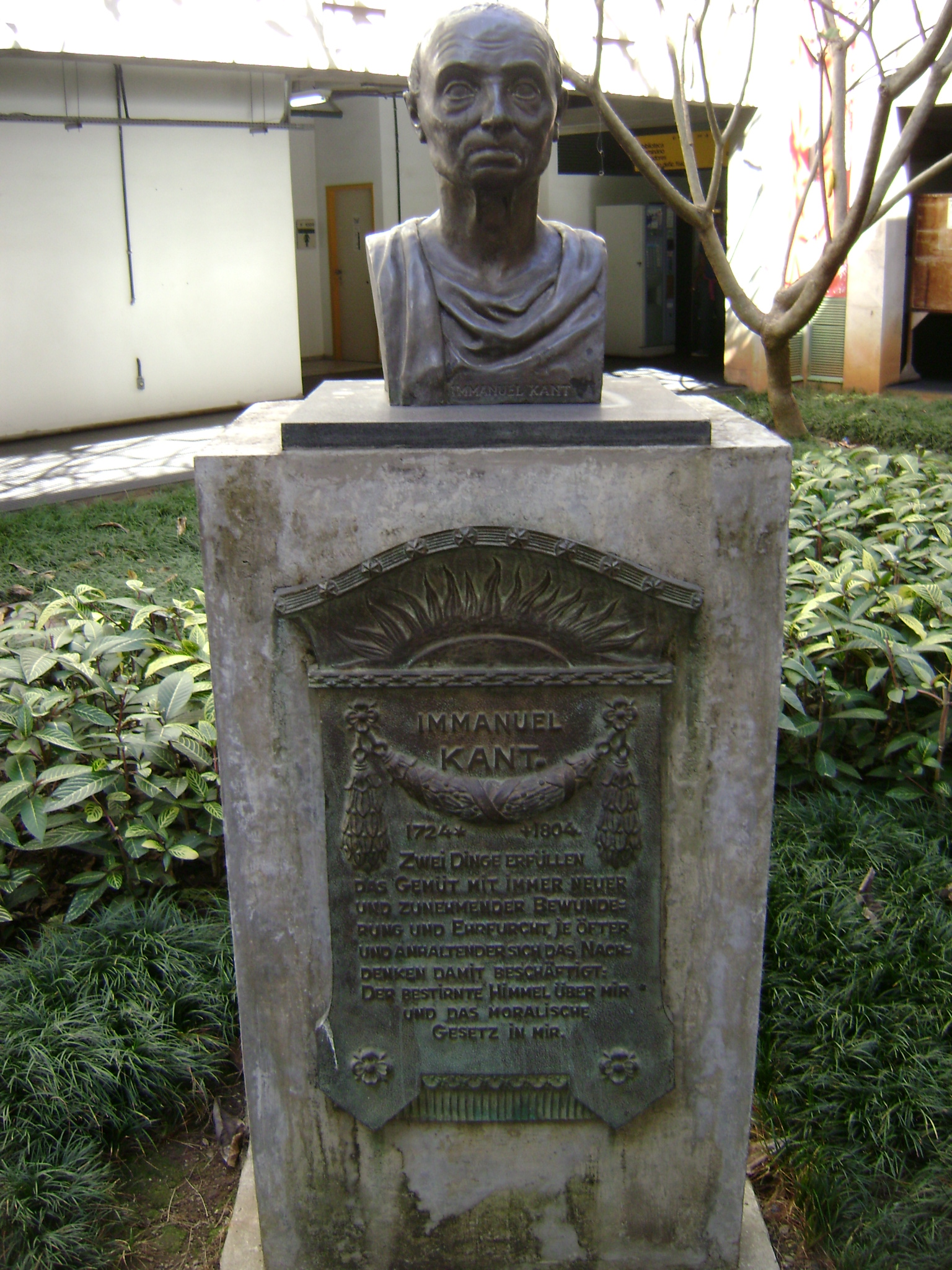The Enlightenment Loses Steam

Immanuel Kant (1724-1804) would be considered the last of the major philosophers of the enlightenment, and probably coined the term itself. His theory was that taking the advice of others instead of developing your own ideas was immature, and that the enlightenment was a process by which people would leave their “self-imposed immaturity.” In his book Critique of Pure Reason (1781) he would develop the concept of transcendental idealism which stated that we can never really know the whole truth because we filter experiences through our own mind. Each person, therefore, interprets things they way they choose to based on their own personal choices. To him, reality was in the eyes of the beholder and evidence could not be trusted for that reason. In doing this he was taking skepticism to a whole new level, by critiquing the very concepts that the enlightenment was based on. When this belief became the new normal philosophical norm, people largely abandoned the ideas on the enlightenment thinkers before them.
Lastly, the excesses of the French Revolution would scare people away from the enlightenment. Since the Revolution was based on enlightenment ideas
